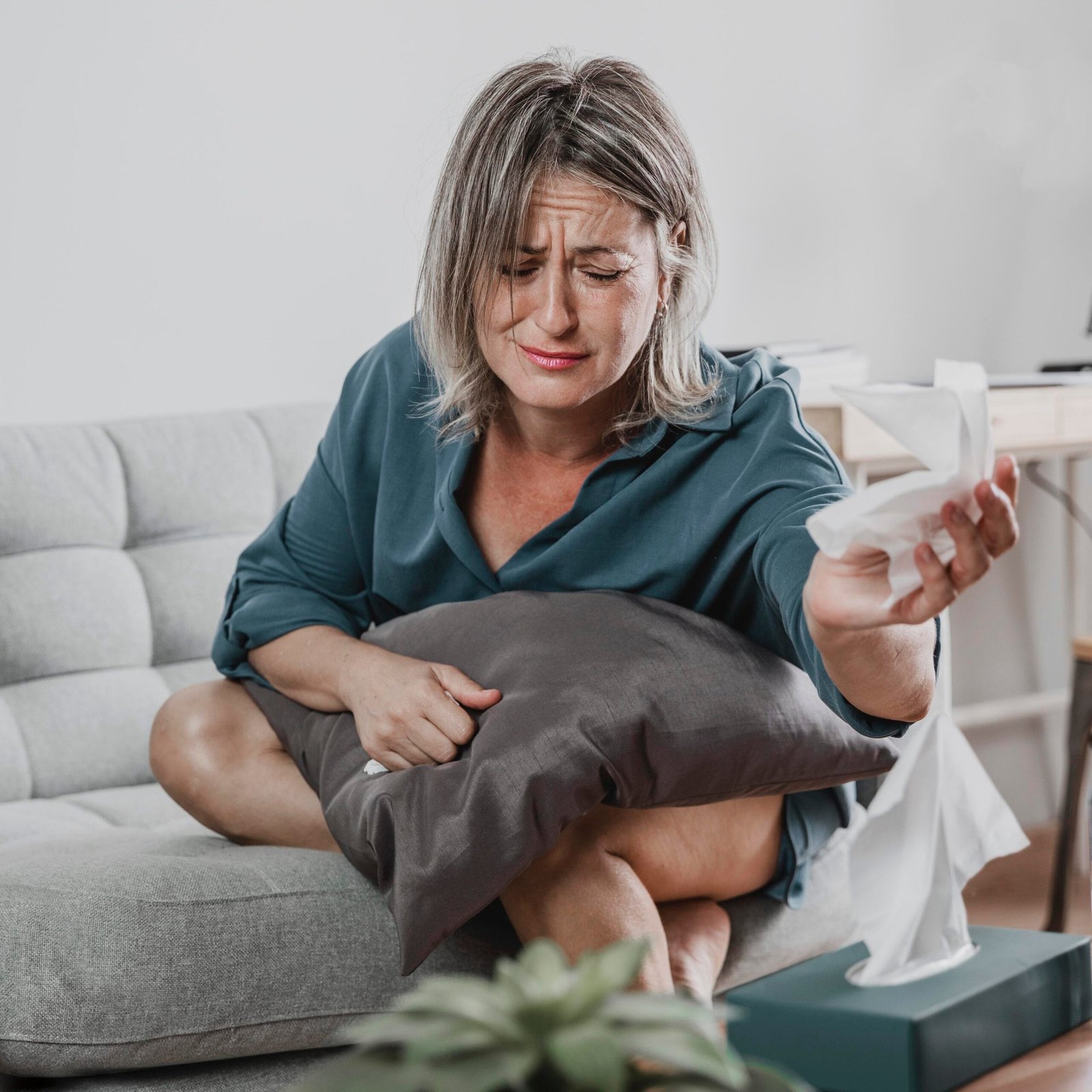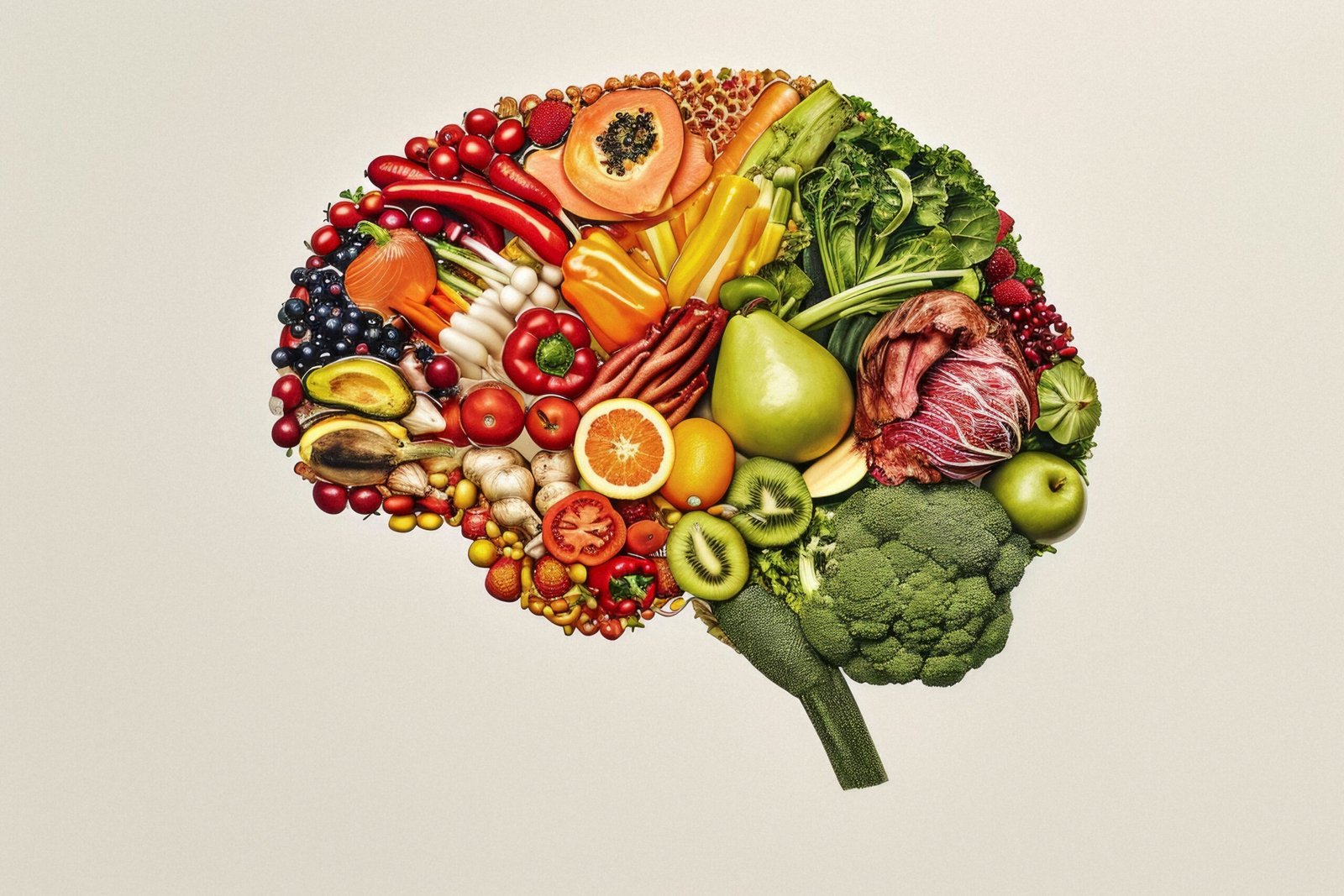FiiHii for Menopause Symptom Relief
The list of Menopause symptoms is as long as it is varied, ranging from hot flashes to insomnia, itchy skin to depression. Treating every symptom as it appears can be a treacherous task as they fall into vastly different categories, and the transition from Peri to Post Menopause can last as long as 12 years.
But what if there was an approach that could help minimise each one through Perimenopause and beyond?
The answer lies in food, and the foundation for taking care of yourself, from a nutritional standpoint, begins with your gut.
When we enter Perimenopause, often as early as our mid-thirties, estrogen levels begin to decline. This is a natural part of the female life cycle and nothing to be feared. Hormone levels can become wildly erratic, causing many symptoms. Some of which can be debilitating in their intensity, causing disruption to everyday life.
Why does this happen? The body is covered in estrogen receptors from top to toe, including the gut and the brain. When estrogen levels begin to decline, the body goes looking for estrogen but has a much harder time finding it because there is less of it. If it fails to find what it needs, it ‘glitches’ perhaps in the form of low mood, perhaps as night sweats or any one of the 72 possible symptoms.
How do we potentially prevent this? We start with fibre. The gut microbiome contains bacteria that can metabolise estrogens, which can impact estrogen levels and estrogen receptor activity. Fibre feeds the gut microbiome, giving it the ability to absorb nutrients into the bloodstream at a steady pace, keeping blood sugar stable, and allowing digestion of the incoming food. The greater the diversity of nutrients, the happier the gut microbiome. Many plants contain natural estrogens*1, so consuming them boosts our level of estrogen in an almost adaptogenic fashion because the body can take what it needs and flush out the rest.
With this kind of environment, the gut and the brain are able to communicate steadily with one another. The brain can instruct the rest of the body to produce the hormones it needs to carry out all its daily functions, and we remain ‘glitch’ free. Significantly, this can positively impact *2 depression and low mood, as 80% of our serotonin is produced in the gut.
Once we have put the hormones to good use, they need to be eliminated from the body, along with any toxins we may have encountered, to keep the body free from inflammation and to operate smoothly. In order to do this, we need to poop on a daily basis. What is the best way to achieve this? Daily fibre.
Why do I love FiiHii?
Fruit with the addition of flax seeds, hemp seeds, or chia seeds are valuable ingredient in women’s health and ones I recommend to all my clients. The seeds are little powerhouses
of nutrition, fibre and omegas which are anti-inflammatory and full of anti-oxidants, basically ridding your body of toxins and what it no longer needs.
So with a variety of fruits and seeds, you’re getting your plants in, optimising your hormone levels, reaching your fibre targets and keeping your entire system running as smoothly as a Formula 1 race car.
My personal favourite it the God Yoghurt for its smooth, creamy flavour and all its super-power ingredients which may even help alleviate PMS. Real food, real solutions.
REFERENCES
- 1 Karalis S, Karalis T, Malakoudi F, et al. (April 06, 2023) Role of Phytoestrogen in Menopausal Women With Depressive Symptoms: A Consecutive Case Series Study. Cureus 15(4): e37222. doi:10.7759/cureus.37222 https://www.cureus.com/articles/104965-role-of-phytoestrogen-in-menopausal-women-with-depressive-symptoms-a-consecutive-case-series-study – !/
- 2 Dietary Fiber Is Inversely Associated With Depressive Symptoms in Premenopausal Women Di Li 1, Yongqing Tong 1, Yan Li 1,* https://pmc.ncbi.nlm.nih.gov/articles/PMC7218088/
- Peters BA, et al. (2022). Spotlight on the gut microbiome in menopause: current insights. International Journal of Women’s Health. https://doi.org/10.2147%2FIJWH.S340491. https://www.ncbi.nlm.nih.gov/pmc/articles/PMC9379122/
- Menopause and the Microbiome By Dr. Liji Thomas, MD (July 20, 2023) Reviewed by Sophia Coveney https://www.news-medical.net/health/Menopause-and-the-Microbiome.aspx
- Estrogen-gut microbiome axis: Physiological and clinical implications: James M. Bakera,b,1 ∙ Layla Al-Nakkashc ∙ Melissa M. Herbst-Kralovetza,d
Publication History:
Received June 2, 2017; Revised June 20, 2017; Accepted June 22, 2017; Published online June 24, 2017 DOI: 10.1016/j.maturitas.2017.06.025
Also available on ScienceDirect
Copyright: © 2017 Elsevier B.V. All rights reserved.





